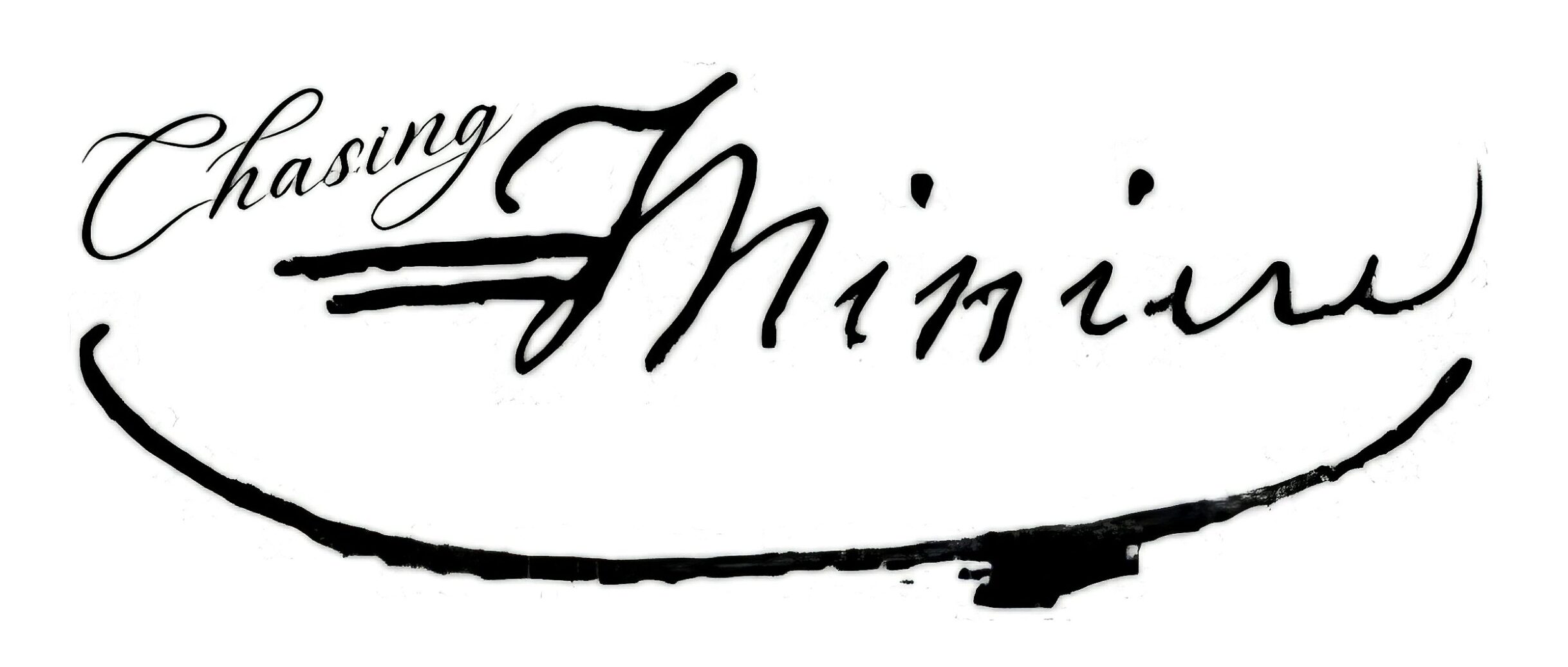Jane Mathias
Assuming James Minyard is Joseph Miniere, who is Jane Mathias? I’ve only been able to unearth two documents: A marriage register in Baltimore in 1796 and a slave register in Jamaica in 1817. No vital records seem to exist. I’ve been unable to determine her parentage or find any siblings.
The marriage register states she is from Cape Francois (present-day Haiti), but I’ve found her in no census records. I’ve found no church records documenting her birth. It’s as if she appeared out of thin air and married Joseph Miniere.
The same applies to his supposed wife, Sarah Carpenter. Most trees list her as James Minyard’s wife, but there is no supporting documentation. Assuming James Minyard’s wife was in fact a woman named Sarah Carpenter, logic would lead us to believe she is the sister or at least a relative of Owin Carpenter, James Minyard’s life-long compatriot.
Instead, most family trees list her as being the daughter of John Carpenter and Rhoda Fairbanks of Massachusetts. There was in fact a Sarah Carpenter who was the daughter of John Carpenter and Rhoda Fairbanks, but it makes no sense that she would marry James Minyard.James Minyard descended from Highland Scots. His grandfather, Thomas Minyard, was part of the original Argyll Colony of 1739. Thomas Minyard, with 350 other Highland Scots, landed at the mouth of the Cape Fear River in the Fall of 1739. He settled in Bladen County (present-day Cumberland County). Two years later, Thomas petitioned the Royal Assembly for land in Bladen County. It was finally granted in 1753.
Bladen County was isolated from the rest of North Carolina during this time. The Scots brought their own language and religion from their Mother Land. Not only were they isolated geographically, but socially as well.
There would be no logical reason why James Minyard would meet and marry a woman from Massachusetts. There are no records of her parents ever being in North Carolina, much less Bladen County. If his wife was in fact a woman named Sarah Carpenter, she was not the daughter of John Carpenter and Rhoda Fairbanks.
This brings us back to Jane Mathias. If it is an alias, it doesn’t jibe with James Minyard’s alias, Joseph Miniere. James Minyard was obviously Scottish, but probably changed his name to sound French while dealing in the Slave Trade. The French were major players in the Transatlantic Slave Trade so it’s logical James Minyard would change his name when dealing with the French. Mathias, however, is a German surname. If James Minyard changed his name to appease the French, why would his wife not do the same? Better yet why use an alias at all? The slave trading French wouldn’t have cared who his wife was.
I’m a firm believer in when there’s smoke there’s fire. There is a reason why James Minyard used an alias. There’s a reason why no vital records seem to exist for Joseph Miniere and Jane Mathias. There’s a reason why the identity of James Minyard’s wife remains a mystery. Consider this:
James Minyard’s youngest son Thomas lived his entire life in Mississippi. Records exist of him being in both Lawrence and Carroll Counties. He married Margaret Carpenter in 1841 and had nine children. In 1880, three of his children stated their father’s birthplace as being South Carolina, not Mississippi. One erroneous entry is possible, but three? His children knew something.
Why were Thomas’ parents in South Carolina in 1815? Curiously, James Minyard was not on the Lawrence County tax roll in the year of Thomas’ birth. There are entries for 1814, 1816 and 1817, but not 1815. How did James Minyard avoid paying taxes in 1815?
Additionally, there is a document from 1804 in Charleston, SC regarding an estate inventory of the deceased William McLeod. In his account book there is an entry of Joseph Miniere owing $210.50 to someone named “Bacot”. Another entry states that Andrew Smylie owes the deceased McLeod $216.66. Yet another entry states that John Mikell Senior owes John Patterson $314.00.
The surnames Bacot, Smylie and Mikell are all of families who settled in southwestern Mississippi around Lawrence County. An Andrew Smylie settled in Jefferson County and fought in the War of 1812 in Perkin’s Battalion. A John Mikell settled in Lawrence County and fought in the War of 1812 under Colonel George Nixon. Finally, a Labon Bacot settled in Pike County and fought in the War of 1812, also under Nixon.
